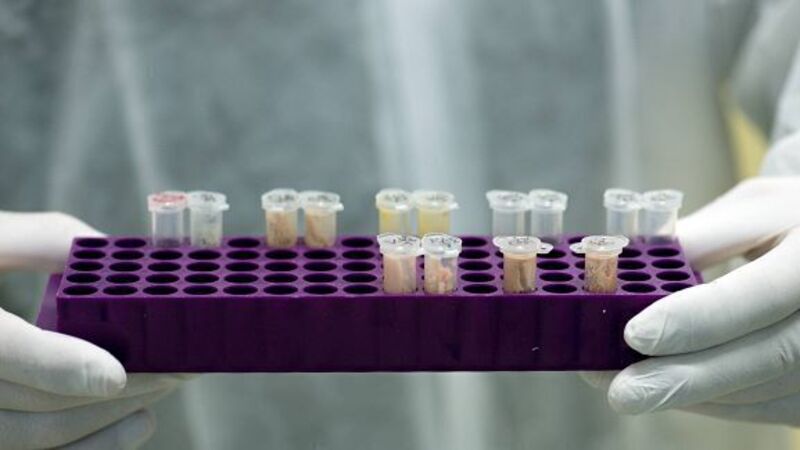Breaking the lethal embrace of Ebola

AT THE entrance to the office building, I stop and wash my hands in a bucket of disinfectant and rinse well with hot water. This hand washing station has been established since the outbreak of the Ebola virus here in Liberia, and we ensure everyone coming into the office is using it.
It is one of the small steps we are taking to ensure the virus does not continue to spread and helps to keep our staff at low risk of infection.
















